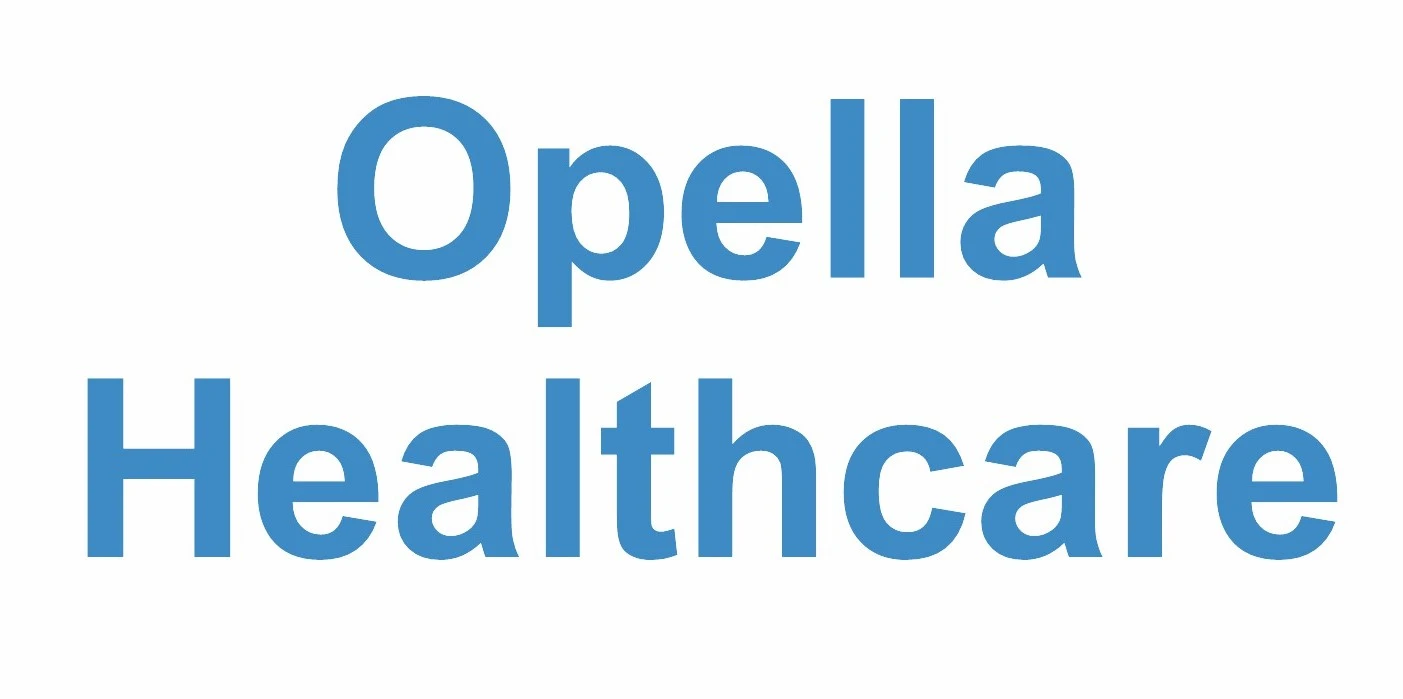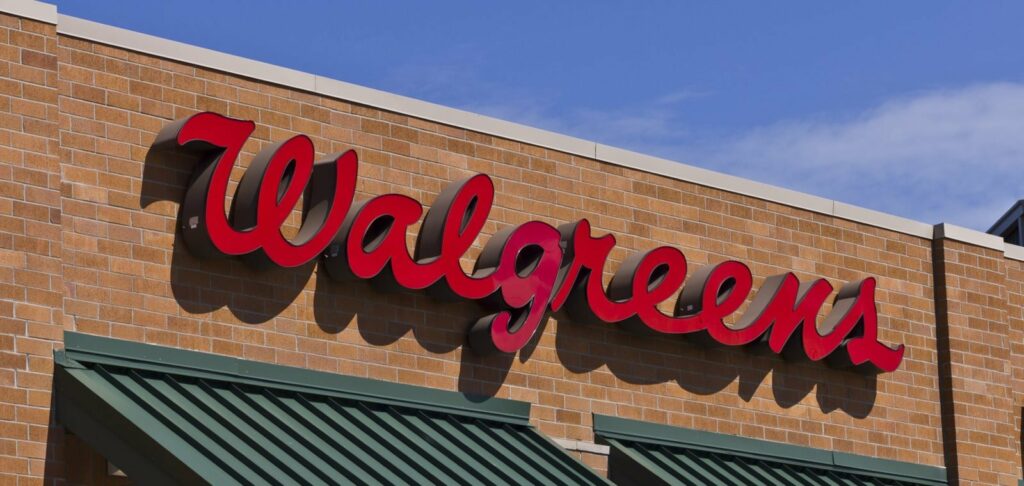

The pharmaceutical industry is no stranger to transformation. The recent trend of major companies divesting their consumer healthcare divisions marks a significant shift.
Sanofi’s decision to spin off its consumer healthcare unit, now called Opella Healthcare, is the latest example of this realignment.
Why Are Pharma Giants Divesting Consumer Healthcare Divisions?
Why are big pharma companies shedding their consumer health businesses? The answer lies in focus and profitability.
Prescription drugs and specialty pharmaceuticals offer higher growth prospects and profit margins compared to over-the-counter (OTC) products.
On the other hand, the consumer health sector, while stable, demands different operational strategies—think mass marketing and retail distribution.
These strategies don’t always align with the innovation-driven ethos of research-based pharma firms.
Sanofi isn’t alone in this strategy. GlaxoSmithKline spun off its consumer brands into Haleon, and Johnson & Johnson created Kenvue for the same purpose.
Pfizer offloaded its consumer health business to GSK a few years back. These moves allow companies to concentrate resources on developing groundbreaking therapies, particularly in areas like oncology, immunology, and rare diseases.

Opella Healthcare: A Key Player in Consumer Health for Emerging Markets
Opella Healthcare comes with a strong portfolio that’s well-known in our region:
- Allegra: A trusted antihistamine for allergy relief.
- Enterogermina: A probiotic that supports gut health.
- Essentiale: A staple for liver support.
- Lazolvan: Effective in treating respiratory conditions.
- Maalox: A go-to antacid for digestive discomfort.
- Magne-B6: Addresses magnesium deficiency.
- No-Spa: Widely used for relieving spasms.
- Phosphalugel: Helps with stomach acidity issues.
- Festal: Aids in digestion.
- Buscopan and Guttalax: Essential for gastrointestinal health.
These products have been household names for years, and their continued availability is crucial for both healthcare providers and patients.
Sanofi and CD&R Partnership: The Business Details Behind the Opella Divestment
Sanofi has reportedly chosen Clayton Dubilier & Rice (CD&R) as its partner, edging out the consortium led by French private equity firm PAI.
According to recent reports, Sanofi has entered into negotiations with CD&R for a valuation exceeding €15 billion, which is higher than PAI’s offer.
If successful, this transaction could be the largest European healthcare deal of the year. Such a major deal will have significant implications for the broader industry.
There had also been interest from investment giants such as the British Columbia Investment Management Corp., Abu Dhabi Investment Authority, and Singapore’s GIC.
Additionally, large OTC-focused companies such as Stada and Perrigo were considered potential buyers aiming to consolidate Opella into their existing consumer offerings, potentially creating a Top 10 OTC company. Stada is already marketing Opella products in Kazakhstan and Central Asia. Meanwhile, Japanese OTC companies have also been expanding out of Asia through acquisitions.
Interestingly, Sanofi is not making a clean break from Opella; instead, it plans to retain a 50% stake in the company.
This partial divestment allows Sanofi to still benefit from Opella’s steady earnings while also freeing up capital and management bandwidth to focus on its ambitious R&D plans.
This hybrid approach reflects Sanofi’s confidence in the growth potential of Opella and its established consumer brands.
Economic and Strategic Implications of the Sanofi-Opella Deal
From an economic perspective, this move aligns with a broader trend toward specialization. By streamlining operations, Sanofi aims to be more agile in drug development, potentially accelerating the arrival of new treatments to market.
For Opella, independence could mean a sharper focus on consumer needs, more innovative marketing strategies, and perhaps a more aggressive expansion into emerging markets.
Furthermore, with CD&R as a strategic partner, Opella gains access to private equity expertise that could facilitate further consolidation in the fragmented OTC space, potentially increasing its competitive standing in the global CHC market.
Regional Impact: How the Opella Divestment Affects Ukraine, Russia, and CIS Markets
What does this mean for our region?
The transition might bring about changes in how these products are marketed and distributed. Regulatory adjustments are inevitable as licenses and marketing authorizations shift to reflect the new corporate structure.
This process can take years to fully implement. Local entities in Russia and Ukraine have already been operating under the Opella name since 2020, indicating that the process has already begun.
There’s also the question of competition. An independent Opella might be more nimble, but it will face the challenges of standing alone in a competitive OTC market.
On the flip side, pharmacists and doctors could benefit from a company more attuned to the specific needs of our markets, potentially leading to better support and more tailored products.
In the grand scheme, Sanofi’s spin-off of Opella Healthcare is a microcosm of the industry’s evolution.
Companies are doubling down on their strengths, focusing on either cutting-edge drug development or consumer health products.
For professionals in Ukraine, Russia, and the CIS, staying informed about these shifts is essential.
Change brings uncertainty, but it also opens doors to new opportunities—for better patient outcomes, business growth, and innovation in healthcare delivery.




